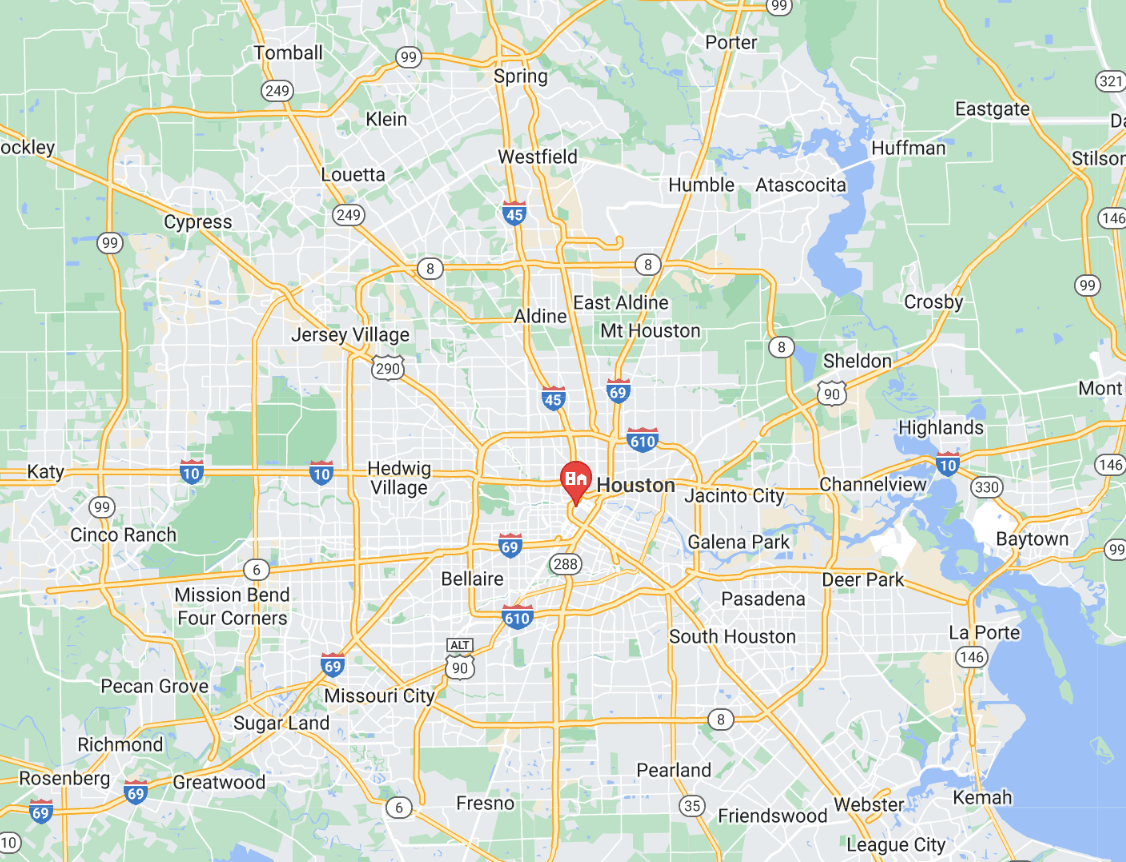Child Waivers Widely Used in Texas
Entertainment centers, bounce houses, and waterparks for children have become extremely popular for birthday parties and group gatherings.
Typically, the facilities will offer numerous physical activities for children, such as jumping, climbing, or sliding. Other facilities may focus on children’s fitness activities, traditional sports programs, or activities like paintball.
Understanding the implications of Pre-Injury Waivers of Children’s Claims in Texas! is essential for parents considering these activities.
Generally, when the children are dropped off at the facility, paperwork must be filled out. Inevitably, part of the paperwork allows for a pre-injury release of claims in the event the child is injured at the facility. Texas has long held that pre-injury releases for adults who meet certain requirements are enforceable.
The release must provide fair notice of its terms, the language must satisfy the express negligence test, and the typesetting must be conspicuous. See – Quintana v. CrossFit Dallas, L.L.C., 347 S.Wo.3d 445, 450 (Tex. App.-Dallas (5th Dist., 2011, no pet.).
However, there is a difference between an adult signing a pre-release waiver of injury for their claims and an adult signing away a child’s injury claim. Texas has a strong, long-standing policy of protecting children’s interests.
Waiver of a Child’s Rights Not Favored in Texas
The case of Munoz v. II Jaz Inc., 863 S.W.2d. 207 (Tex. App.—Houston [14th Dist..] 1993, no writ) involved a child injury at an amusement park and brought a lawsuit to recover for the injury.
The trial court granted a summary judgment in favor of the amusement park based on a pre-injury waiver signed by an adult sister.
The summary judgment was reversed, finding that a waiver signed by the minor’s older sister was invalid. The court in Munoz also stated that the parents themselves would not have been able to waive the child’s rights.
More recently, the issue has been addressed in the Southern District of Texas in the case of Paz V. Life Time Fitness, Inc., 757 F. Supp. 2d 658 (S.D. Tex. 2010). In Paz, the judge held that a pre-injury release of the minor child’s claims is not enforceable when involving commercial interests, as opposed to non-profit interests.
While there are defense attorneys in Texas who wish a minor’s pre-injury release would effectively waive a child’s claims, those interests are not in line with Texas policy. Texas personal injury lawyers know the lengths insurance companies will go to avoid having to pay a claim.
Notably, most jurisdictions have adopted the Texas approach, which favors protecting minors’ rights in the United States.
We often see such waivers in bounce house accidents or child care in fitness centers.
Contact Baumgartner Law Firm About a Child Injury Case
Our child injury law firm has been in Houston helping families after serious accidents for over four decades. Contact us for a no-cost consultation about your child’s rights and options- (281) 587-1111.
Baumgartner Law Firm
6711 Cypress Creek Pkwy, Houston, TX, 77069
Related Posts:
- Bounce House Liability: Who is Responsible for Injuries?
- What you need to know about children injured in fitness centers!
- Pain and Suffering for a Child in a Car Accident: Compensation Guide
- When Should I Hire a Child Injury Lawyer?
- 5 Telltale Signs of Daycare Negligence and What to Do About It
Visit Our Law Firm in Houston












